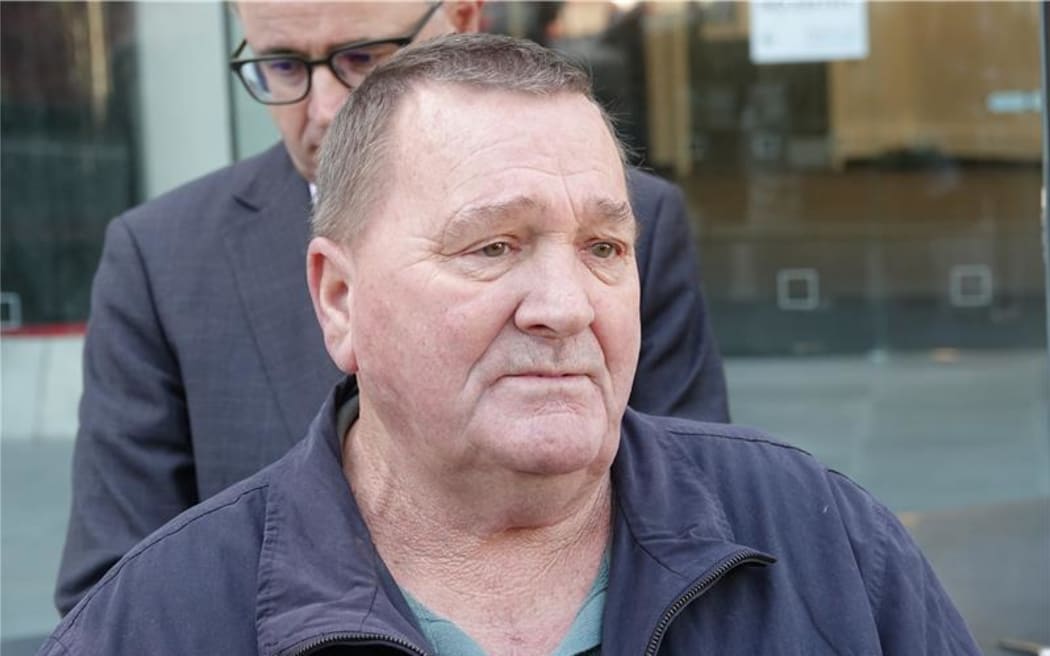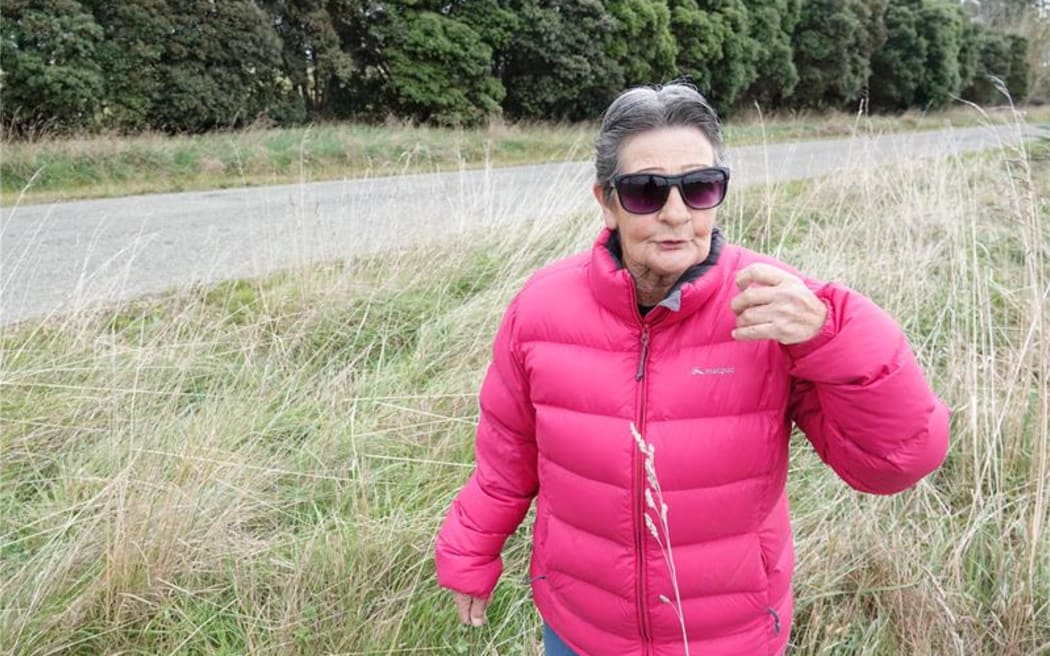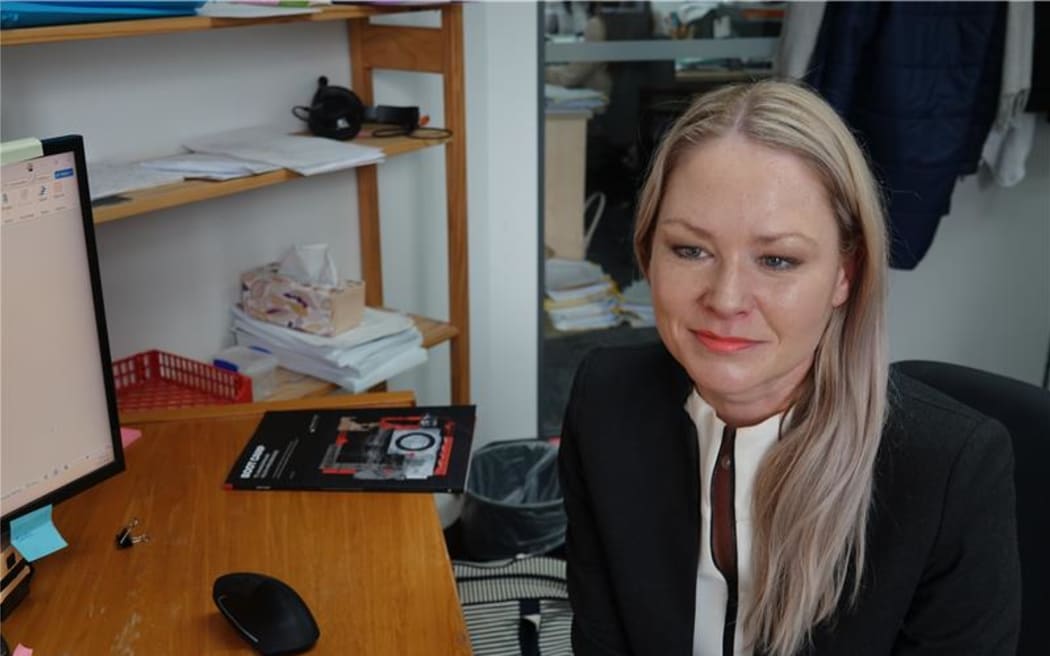
Malcom Richards is funding his court action against the government's redress offer. Photo: Jimmy Ellingham
Abuse in Care victims have had different responses to compensation offers, from those who've taken the money and moved on, to those who feel they're being seriously shortchanged
A warning, this story references abuse.
How much should you expect in compensation for a ruined childhood?
Can you even put a figure on years of abuse that in some cases included torture - electric shocks and paralysing injections?
A month after Prime Minister Christopher Luxon delivered an official apology to victims of abuse in state and faith-based case last November, government minister Erica Stanford announced there would be compensation for 118 eligible Lake Alice torture victims in a $22.68 million scheme.
That works out to $150,000 per person, and the victims had until last week to decide if it was fair. More than 70 survivors took it, with another 44 taking another option of negotiating an individual settlement.
Malcolm Richards was not one of them. He's taking court action instead, filing a judicial review against the government offer, arguing it breaches New Zealand's obligations under the UN torture convention.
After filing the review on Monday he told reporters on the steps of the High Court at Wellington that the money "doesn't just make up for the loss of income. It doesn't cover the rehabilitation we require".
Speaking to The Detail later in the day from his Wellington hotel room, Richards said all victims of torture, not just those from Lake Alice, should be offered adequate compensation.
"They haven't followed the UN's protocols on torture redress," says Richards. "It's not just monetary, there's very little if any rehabilitation offered at all."
An announcement on further government redress for those tortured in other state institutions is expected soon.
Richards says the electric shocks he was administered caused cognitive difficulties that left him unable to work.
"Memory loss has followed me from job to job and I forget what bosses have told me and get yelled at and abused... It's a real struggle to hold down jobs," he says.
He couldn't "pluck a figure out of the air" for what was appropriate for him, and says he wants the court to decide.
Richards is funding his own court action, raising money on Givealittle and cashing in his KiwiSaver.
He now waits for a court date, while also undergoing cancer treatment.
Moving on
Some people who did take the rapid payment are moving on with their lives.
RNZ's Jimmy Ellingham meets Robyn Dandy at Lake Alice on a windy, cold Sunday, more than 25 years after the facility closed. There is little sign of what used to be there.

Robyn Dandy at the site of the former Lake Alice institution. Photo: Jimmy Ellingham
She tells him she has no regrets over opting to take the $150,000 payment.
"What the government has given us in the way of compensation, as we all know, won't ever make up for what we went through, but for me it's opened new doors to move forward, and just [have] financial stability for the rest of my life.
"I did buy a little gypsy wagon and I've put a little memorial to my grandson on the front of it."
Her grandson, Kahn Petch, died in a house fire after Dandy had made a promise one day the pair would travel around together. Now, she has the means to do that.
She also decided to fund a memorial at the Lake Alice site, although the Rangitīkei District Council had since agreed to pay for it and its upkeep.
No one was charged over what happened at Lake Alice.
Dandy says it's disgraceful that the unit's lead psychiatrist Dr Selwyn Leeks was never held to account, but she now feels sorry for him and his staff - even though they tortured children.
The Detail also talks to human rights lawyer Lydia Oosterhoff, a senior associate at Wellington firm Cooper Legal, who says she's glad some Lake Alice survivors had received compensation.

Lydia Oosterhoff is a human rights lawyer and senior associate at Cooper Legal. Photo: Jimmy Ellingham
But she questions why those tortured at other institutions haven't yet had similar treatment.
The Royal Commission on Historical Abuse in State Care suggests upwards of 200,000 people were victims of that era, most of them in social welfare care.
Oosterhoff says making them wait for redress is another form of psychological abuse.
Erica Stanford says the Lake Alice redress scheme was specific to torture and had been the priority.
She understood that after six years of Royal Commission inquiries and the tabling of its final report last year, survivors wanted clarity about the government's response.
"As we said at the apology, this is complex work that would be a priority for this year. I will be making announcements about redress shortly."
Where to get help
Need to Talk? Free call or text 1737 any time to speak to a trained counsellor, for any reason.
Lifeline: 0800 543 354 or text HELP to 4357
Suicide Crisis Helpline: 0508 828 865 / 0508 TAUTOKO (24/7). This is a service for people who may be thinking about suicide, or those who are concerned about family or friends.
Depression Helpline: 0800 111 757 (24/7) or text 4202
Samaritans: 0800 726 666 (24/7)
Youthline: 0800 376 633 (24/7) or free text 234 (8am-12am), or email talk@youthline.co.nz
What's Up: free counselling for 5 to 19 years old, online chat 11am-10.30pm 7days/week or free phone 0800 WHATSUP / 0800 9428 787 11am-11pm
Asian Family Services: 0800 862 342 Monday to Friday 9am to 8pm or text 832 Monday to Friday 9am - 5pm. Languages spoken: Mandarin, Cantonese, Korean, Vietnamese, Thai, Japanese, Hindi, Gujarati, Marathi and English.
Rural Support Trust Helpline: 0800 787 254
Healthline: 0800 611 116
Rainbow Youth: (09) 376 4155
OUTLine: 0800 688 5463 (6pm-9pm)
If it is an emergency and you feel like you or someone else is at risk, call 111.
Check out how to listen to and follow The Detail here.
You can also stay up-to-date by liking us on Facebook or following us on Twitter.





